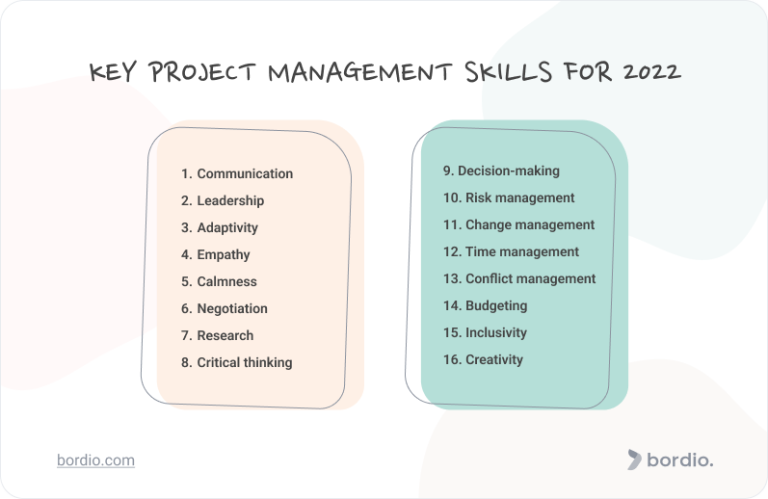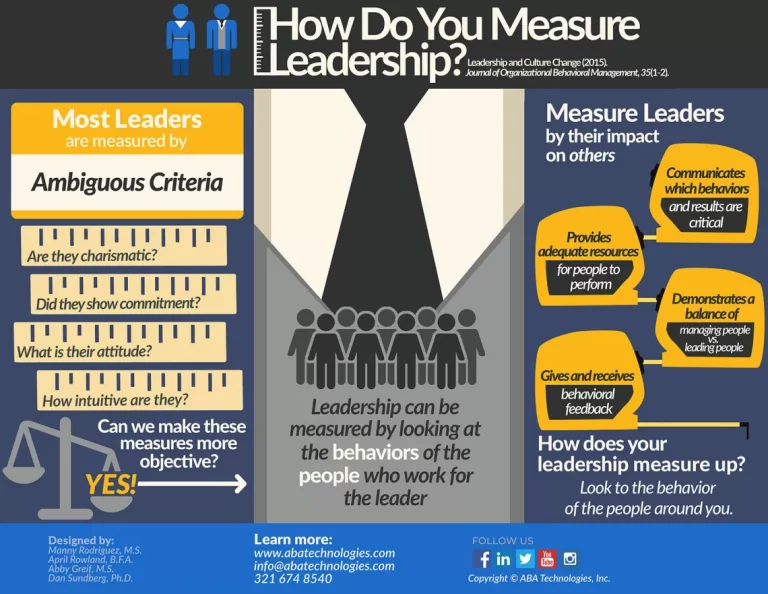How to be an Inspiring Leader? Navigating the Producers Syndrome
Introduction: In the ever-evolving landscape of the modern workplace, leadership is often assumed by those who have excelled in their respective roles. This phenomenon, termed the “Producers syndrome,” poses unique challenges for individuals transitioning from being exemplary producers to effective leaders. Drawing from personal experiences, this blog post aims to explore the nuances of this transition and provide a comprehensive guide on mastering leadership skills to be an inspiring leader.
The Producers Syndrome:
A Hindrance to Growth The Producers syndrome is a common occurrence where individuals, renowned for their excellence in production, find themselves thrust into leadership positions. While their prowess in delivering results is commendable, the shift to leadership requires an entirely different skill set. Leaders, accustomed to singularly driving success, may unknowingly fall into patterns of micromanagement, hindering the growth and empowerment of their teams. The first step in addressing this syndrome is acknowledging its existence and understanding the need for a distinct approach to leadership.
Challenges in the Transition:
Transitioning from being a successful producer to an effective leader is rife with challenges. Personal experiences often shape leaders, and those who have thrived in a production-centric environment may struggle to adapt their leadership style. The realization that people within the team operate differently, think differently, and are motivated by distinct factors becomes apparent. It is at this juncture that leaders must recognize the necessity of acquiring a new skill set to successfully navigate the diverse landscape of a team.
Bridging the Gap:
Successfully bridging the gap between a producer and a leader requires a profound understanding of individual motivations and communication styles. It necessitates a cultural shift from a top-down, directive approach to one that empowers team members. Recognizing the uniqueness of each team member’s perspective and motivation is crucial. A leader’s role shifts from merely doing the work to enabling others to excel. The emphasis is on creating an environment where team members feel empowered to contribute ideas, innovate, and take ownership of their responsibilities.
Understanding Diverse Perspectives:
One of the fundamental challenges faced by leaders in this transition is understanding the diverse perspectives within a team. People from different backgrounds, ages, and experiences bring a wealth of ideas and approaches. Leaders must embrace this diversity and recognize that what motivates one person might not work for another. The ability to connect individual motivations to the broader organizational goals becomes a hallmark of effective leadership. It’s about creating a cohesive vision that resonates with each team member, fostering a sense of purpose and commitment.
Modern Leadership Skills:
In the dynamic landscape of the 21st century, leadership skills must continually evolve to meet new challenges. The post-pandemic era has brought about unprecedented changes, requiring leaders to adapt quickly and effectively. Continuous learning and development in acquiring modern leadership skills are essential. The Hero’s Journey, a comprehensive training program, emerges as a valuable resource. It equips leaders with the wisdom and power necessary for their transformative journey. This program, curated based on insights from global leaders and real-world experiences, addresses the unique demands of contemporary leadership.
Conclusion:
Becoming an inspiring leader involves a profound shift in mindset and a commitment to continuous learning. Acknowledging the challenges of the Producers syndrome and understanding the nuances of the transition are crucial first steps. Empowering team members, embracing diversity, and connecting individual motivations to organizational goals define the path to effective leadership. Aspiring leaders are encouraged to embark on their own Hero’s Journey – a transformative experience that equips them with the skills needed to lead successfully in the complexities of the modern workplace.


